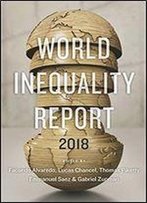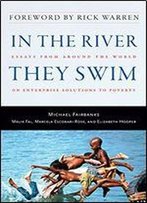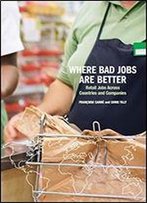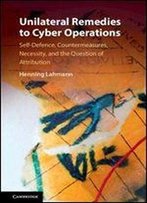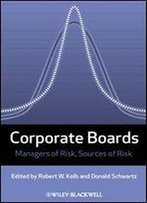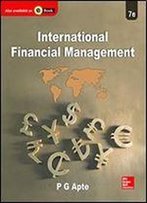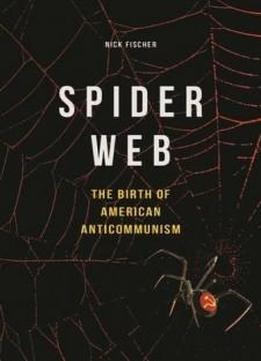
Spider Web: The Birth Of American Anticommunism
by Nick Fischer /
2016 / English / PDF
10.3 MB Download
The McCarthy-era witch hunts marked the culmination of an
anticommunist crusade launched after the First World War. With
Bolshevism triumphant in Russia and public discontent shaking the
United States, conservatives at every level of government and
business created a network dedicated to sweeping away the "spider
web" of radicalism they saw threatening the nation. In this
groundbreaking study, Nick Fischer shines a light on right-wing
activities during the interwar period. Conservatives, eager to
dispel communism's appeal to the working class, railed against a
supposed Soviet-directed conspiracy composed of socialists, trade
unions, peace and civil liberties groups, feminists, liberals,
aliens, and Jews. Their rhetoric and power made for devastating
weapons in their systematic war for control of the country
against progressive causes. But, as Fischer shows, the term
spider web far more accurately described the anticommunist
movement than it did the makeup and operations of international
communism. Fischer details how anticommunist myths and propaganda
influenced mainstream politics in America, and how its ongoing
efforts paved the way for the McCarthyite Fifties--and augured
the conservative backlash that would one day transform American
politics.
The McCarthy-era witch hunts marked the culmination of an
anticommunist crusade launched after the First World War. With
Bolshevism triumphant in Russia and public discontent shaking the
United States, conservatives at every level of government and
business created a network dedicated to sweeping away the "spider
web" of radicalism they saw threatening the nation. In this
groundbreaking study, Nick Fischer shines a light on right-wing
activities during the interwar period. Conservatives, eager to
dispel communism's appeal to the working class, railed against a
supposed Soviet-directed conspiracy composed of socialists, trade
unions, peace and civil liberties groups, feminists, liberals,
aliens, and Jews. Their rhetoric and power made for devastating
weapons in their systematic war for control of the country
against progressive causes. But, as Fischer shows, the term
spider web far more accurately described the anticommunist
movement than it did the makeup and operations of international
communism. Fischer details how anticommunist myths and propaganda
influenced mainstream politics in America, and how its ongoing
efforts paved the way for the McCarthyite Fifties--and augured
the conservative backlash that would one day transform American
politics.

